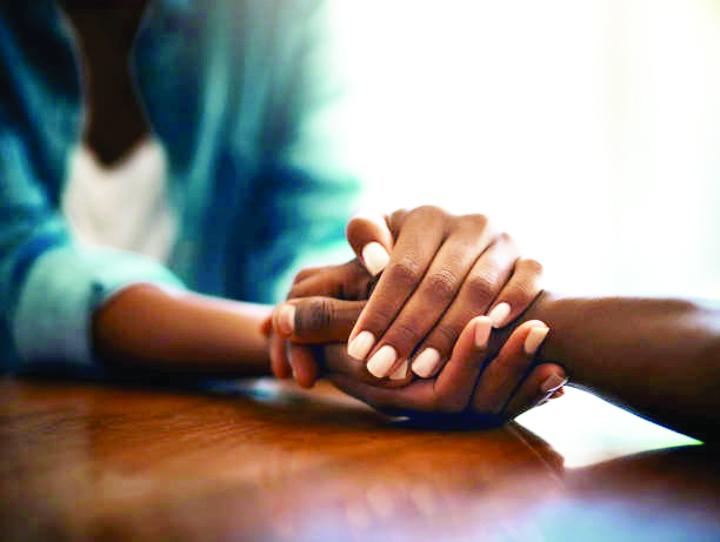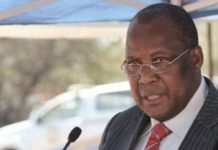Africa-Press – Namibia. OVER a period of 18 months – between January 2020 and June 2021 – 745 Namibians took their own lives. This is an average of 1,4 suicides per day – one or more people deciding each day that they have had enough of being among the living.
This is based on statistics provided by the Namibian Police, through the Ministry of Health and Social Services. Social workers and psychiatrists are urging people and communities to make a collective effort towards suicide prevention, as they encourage a paradigm and mindset shift around mental health and suicide.
This comes as the world observes Suicide Prevention Day, under the theme ‘Creating Hope Through Action’. Of the 745 suicides, 710 were adults (609 male, 101 female), while 35 were juveniles (22 male, 13 female).
Between April 2020 and March 2021, statistics indicate that 1 772 suicide attempts were recorded, most of them (330) in the Khomas region. Men are more likely to die of suicide than women, and health ministry social worker Emilia Newaya explained the reason for this.
“Males use lethal ways of ending their lives while women use methods like overdosing. Most women are survivors because when you overdose you have a chance of being rescued, being taken to hospital and being treated,” Newaya explained to The Namibian.
Lethal methods include hanging, shooting and drinking battery water. According to the statistics, hanging is the most commonly used method of suicide in Namibia.
Regionally, Omusati recorded the highest number of suicide cases (111), followed by Khomas and Ohangwena (99 each), Otjozondjupa (86), Oshana (62) and Oshikoto (61).
Newaya said suicide in Namibia is very serious. “When it comes to suicide, as with all other social problems, a paradigm shift is needed. As time changes, everything changes,” she said.
Selma Uugwanga, who is also a social worker at the ministry of health, said while warning signs differ, some signs to look out for include mood swings, fatigue, reckless behaviour, a victim’s withdrawal from usual activities or a sudden handing out of personal belongings.
“People might start saying things like: ‘I’m not valued’; ‘It’s better if I died’; ‘It might be better if people just moved on without me’.
“It’s like they’re preparing the people around them and it’s some of those signs we do not notice,” Uugwanga added. Psychiatrist Dr Lahija Hamunjela stressed that there is a need for the government to do more to tackle suicide in Namibia.
She added that mental health needs to be treated with the same seriousness as other social issues, with adequate resources allocated to facilities for treatment.
“Ideally, we would like to have a case manager for everyone that comes in, but our numbers do not allow us.
“There should be feedback, so that we know if we are winning or losing. If we are not giving feedback to one another, these people get lost in follow-ups and don’t get the full extent of the help they need,” Hamunjela said. The Khomas Suicide Prevention Taskforce will be officially launched today, in recognition of the global observance of World Suicide Prevention Day.






